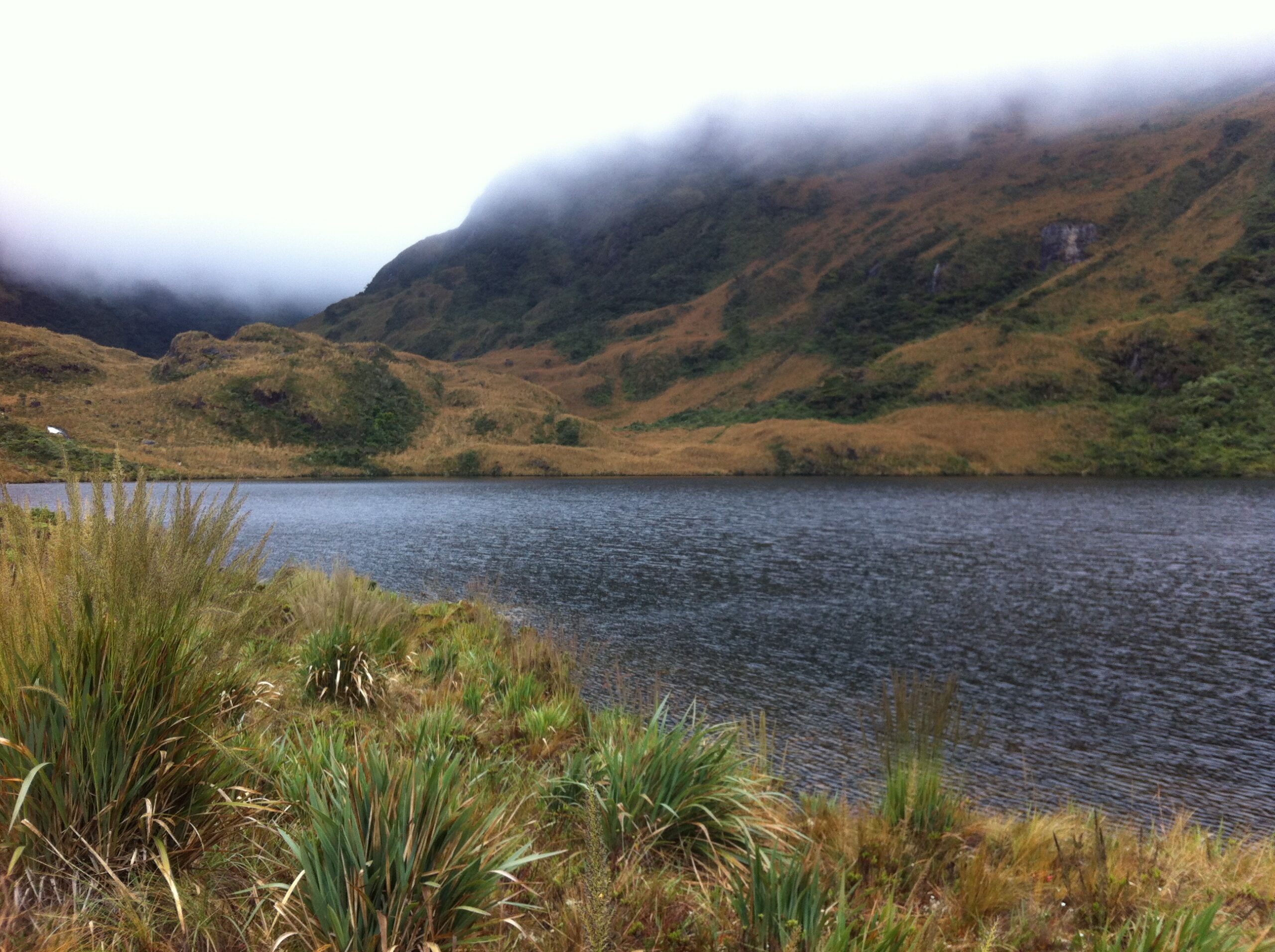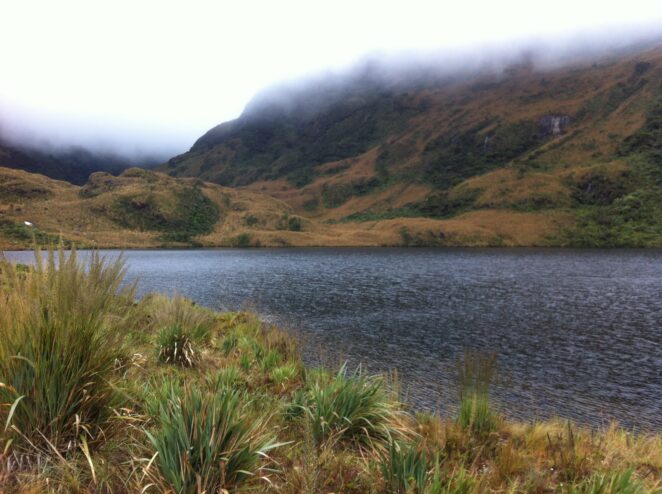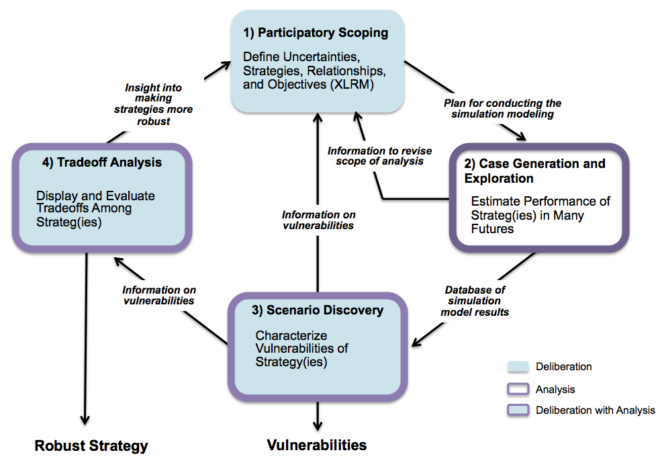Case-study /
Partnering for Adaptation and Resilience – Agua – Quilca-Chili, Peru


Peruvian Paramo. Photo curtesy of Nicholas Depsky
PARA-Agua – Quilca-Chili
The Quilca-Chili basin analysis is part of the Partnering for Adaptation and Resilience – Agua (PARA-Agua) or “For Water” project in Latin America. Climate change is negatively impacting water resources, agriculture and ecosystems in the Latin America and Caribbean (LAC) region. Increasing temperatures are altering hydrological cycles, affecting crop productivity and biodiversity, changing ocean currents, and causing more frequent and extreme weather events, leading to more intense flooding and drought. Andean glaciers and páramos, vital sources of fresh water for tens of millions of people, are under severe threat. While downstream communities depend on shrinking glaciers and degrading páramos for potable water, agriculture and hydro-power, there is no scientific consensus on the extent of downstream impacts as the climate changes. Policymakers, researchers and water resources managers across the LAC region urgently need assistance in adapting to these changes to reduce vulnerability. To meet these challenges, The LAC Bureau has PARA-Agua, an innovative regional project that will work directly with scientists, decision-makers, and communities to build adaptive capacity and strengthen watershed resilience to climate change impacts.
PARA-Agua uses Robust Decision Support (RDS) to to frame the project’s activities. RDS is an iterative process that depends upon stakeholder participation in formulating questions and goals, building models, and evaluating results (see figure below). The project began by mapping and assembling water management stakeholders in the Quilca-Chili Basin of Peru. Together they defined the XLRM components for their watershed, meaning the challenges they see, the options to meet those challenges, the relationship between the options and the challenges, and finally, the markers of successful water management planning. PARA-Agua is constructing a basin WEAP model to examine the strategies proposed by the stakeholders. Ultimately WEAP’s analysis will enable stakeholders to quantitatively assess which strategies are most promising in the face of their most concerning uncertainties. Armed with this information, PARA-Agua will then seek to help stakeholders identify and apply for financing to pursue implementation for the most promising strategies.
This project is currently underway and results will be shared on an ongoing basis. Please email contact persons below for more information.
RDS Framework

The RDS Framework guides projects through iterative processes in which stakeholders participate in defining the explorations and modelling.
